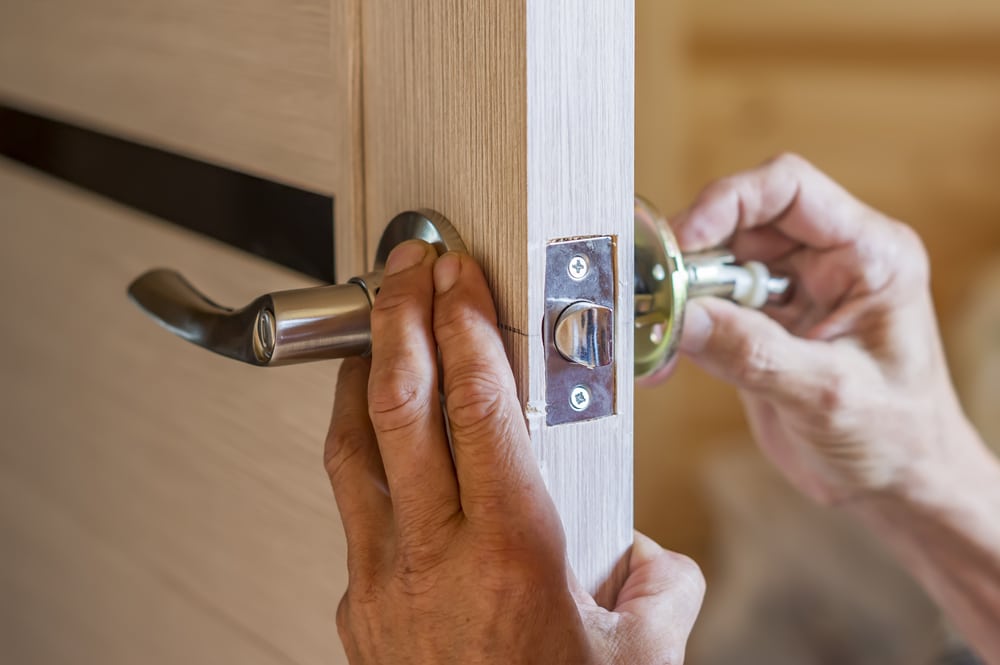In most cases a property that is jointly owned will be sold with the approval of all those who own it. However, occasionally, joint owners will not be able to agree on the best way forward, which could lead to one or more of them attempting to force a sale. Here we look at what this means and how the process may unfold.
When do disagreements emerge?
There are several situations in which you may want to force a sale or try to stop one.
The most common is when a relationship breaks down and one party wants to sell, while the other is keen to stay in the home. Disputes can also emerge if a home has been jointly bought as an investment or if a property has been inherited by more than one person.
The least stressful and most cost effective way to resolve a dispute is to come to an agreement, possibly with the help of a professional mediation service, particularly if you are going through a divorce or separation. But if agreement can’t be reached it is possible to apply to court for an order for sale, how much this costs will depend on the value of the property and the complexity of the dispute.
Applying for an order for sale
If you apply for an order for sale, there is no guarantee a judge will grant one. They will consider several factors including the purpose of the property when the joint owners bought it, for example:
- Pre-marital home, bought by a couple to benefit from ownership with the possibility of turning it into a marital home in future.
- Marital home, a married couple’s main residence jointly owned by each party to live in while they are married.
- Family home, to bring up children in for an indefinite period of time.
- Investment, a buy-to-let property purchased to earn an income from rather than live in.
The judge will consider the above points, alongside what the house is currently being used for and whether those original intentions have changed. In any scenario, if children are living in the home, whether this was the original intention or not, their welfare will be uppermost in a judge’s mind.
They will also consider any legal agreements the joint owners entered in when they bought the home, for example a deed of trust, and the interests of a secured creditor such as a mortgage provider.
Order for sale outcomes
As we mentioned above, it is not guaranteed a judge will grant an order for sale and there are several possible outcomes.
The judge can refuse a sale altogether, for example if it was bought as a family home and there are still children living there. Alternatively they could refuse the sale but add conditions, such as allowing one party to remain as long as they pay rent.
If they do grant the sale they may allow a short delay to enable all parties to organise their next move. In some rare cases they may order the property to be partitioned.
These are three scenarios in which a forced sale is most likely to be granted:
- The property was bought as an investment.
- There are more than two owners and the majority wants to sell.
- The intention for the property hasn’t worked out. For example it was bought as a family home but the marriage has broken down and there are no children.
Every situation is different, to get a better idea of your chances of success, whether you’re seeking to force a sale or resist one, you should speak to a legal expert.
Protecting yourself
One way to prevent disputes down the line, is to get a deed of trust drawn up when you buy a home. This will set out your agreed intentions when buying the property and clarify when it can be sold and what each person’s share will be. This can also be used to protect someone’s money if they have lent you funds to buy a home but want it back when it is sold.
It’s worth noting you can get a deed of trust drawn up whether you own your home as joint tenants or tenants in common. Joint tenants are usually a couple who own a property together and will pass it one to each other if one dies. Tenants in common independently own an agreed share of a home which they leave to a designated beneficiary.
If you are jointly buying a home as an investment or to enjoy the benefits of owning as a couple but aren’t yet sure if your relationship will be significantly long term, tenants in common will give you more control over your share. However, an order for sale can be granted on a property bought under either ownership model.
Working with us
If all parties agree to sell a home before the need to force a sale, or if you have been granted an order for sale and want to move on swiftly, we can help.
We specialise in buying homes quickly, in just seven days if necessary, and with as little fuss as possible. We’re used to dealing sensitively with situations involving divorce and inheritance and will communicate calmly with all parties involved about the sale.
We also aim to keep costs to a minimum, which is why we instruct and pay for solicitors and do not involve estate agents so you don’t have to pay their fees. What’s more, because we buy using our own cash reserves and are never part of a chain of housing transactions, you can rely on the completion date we agree. That means you know exactly when funds will arrive in your account.
If you’d like to discuss how we can help you, we’d be happy to chat so please get in touch.


















